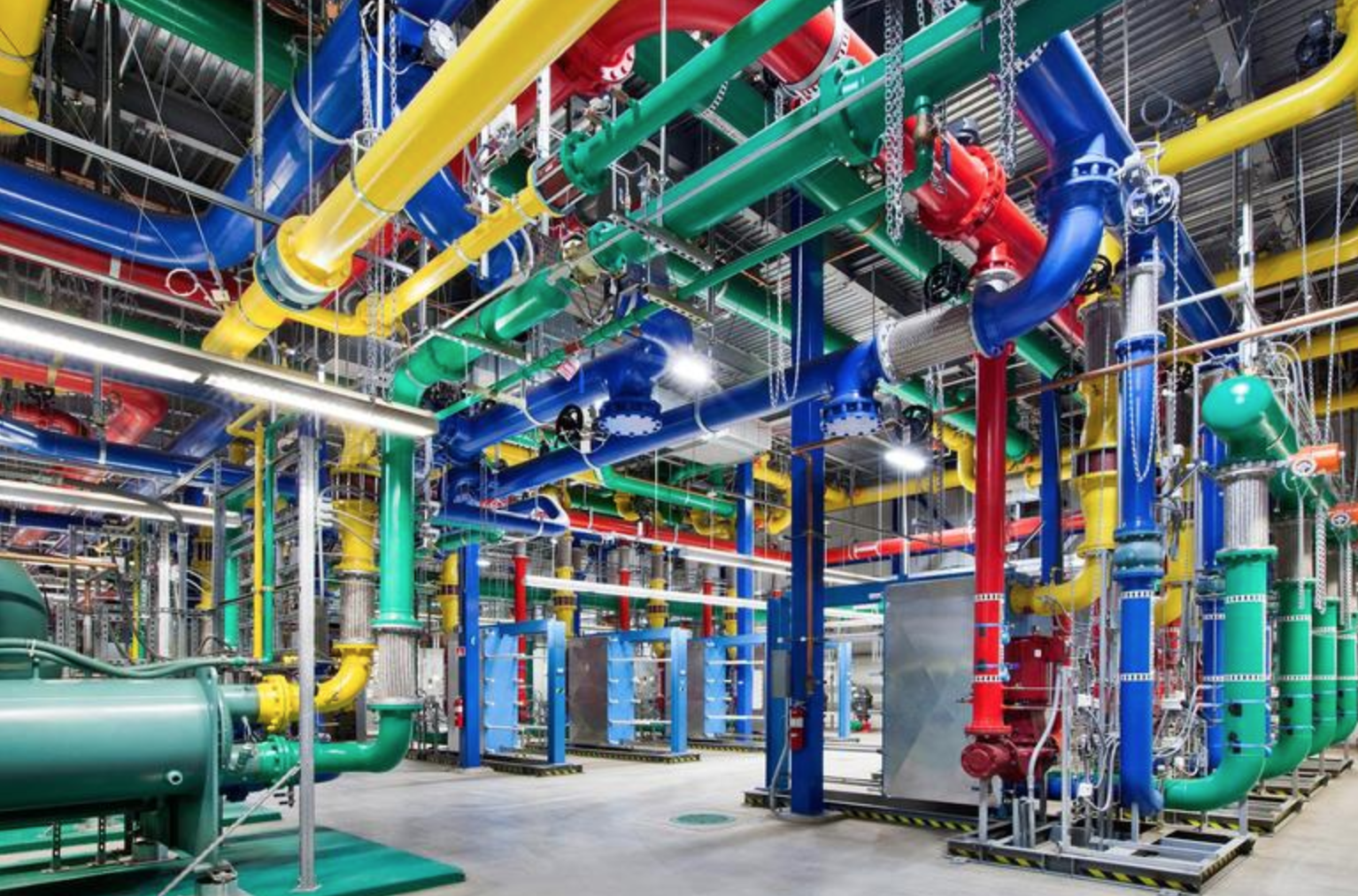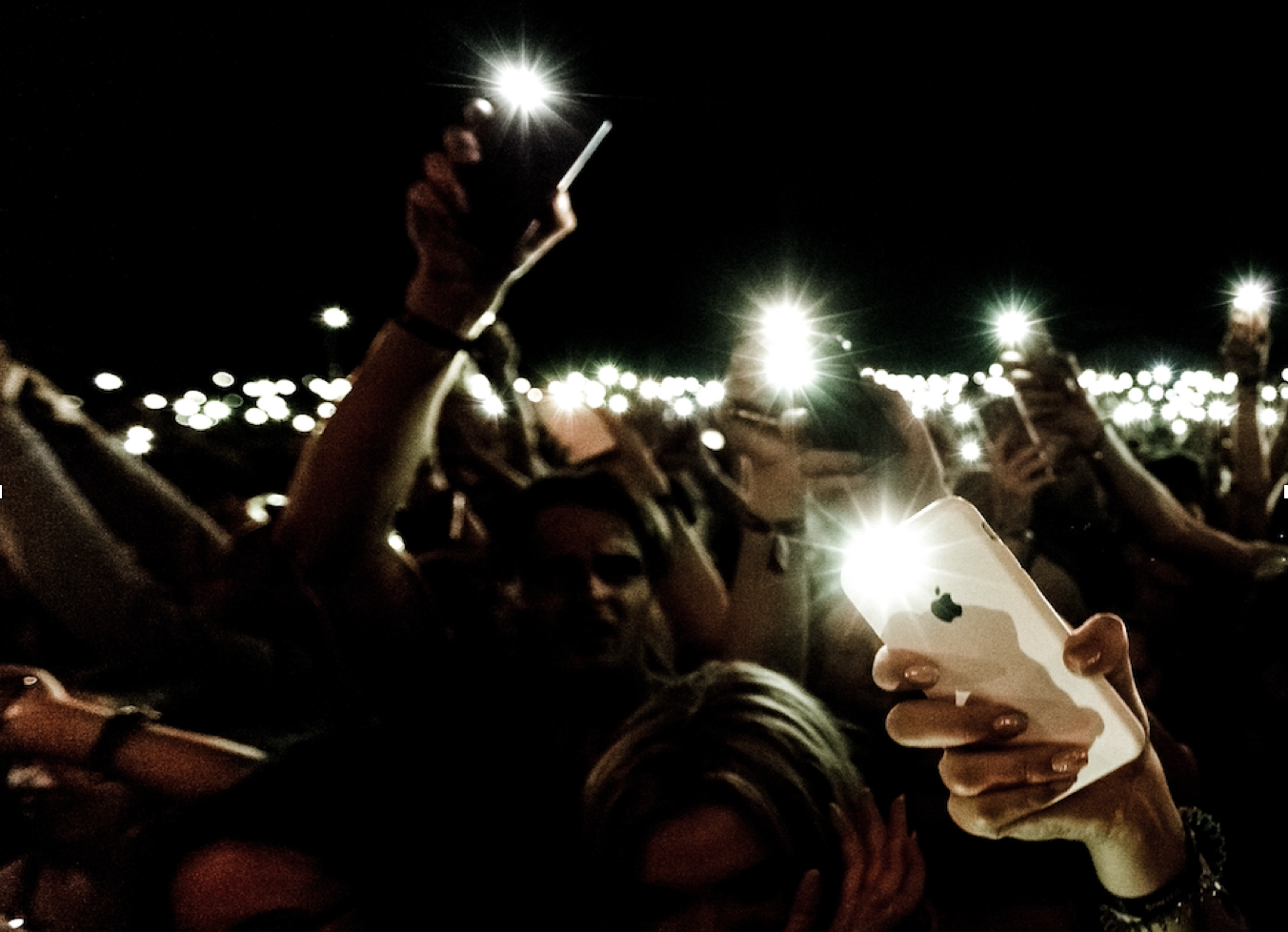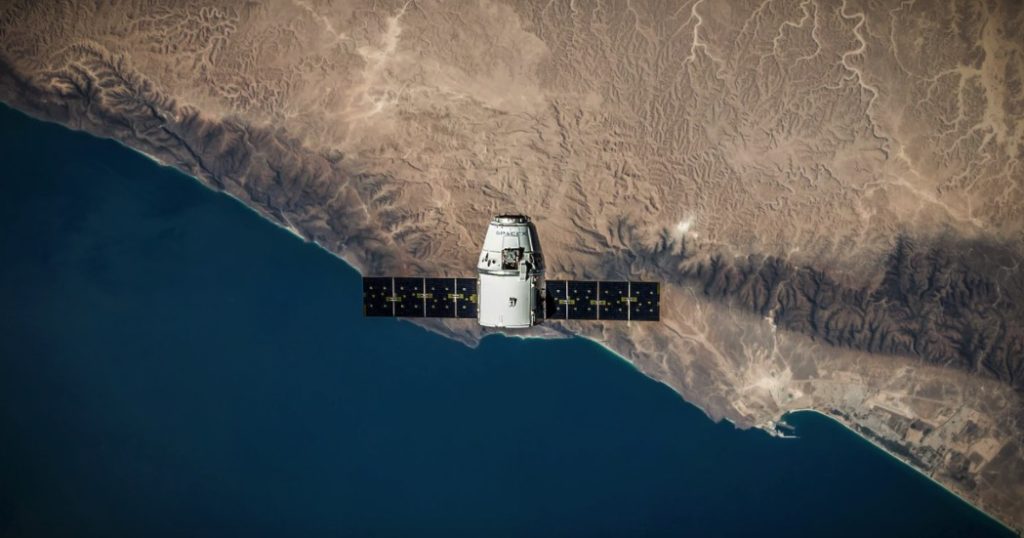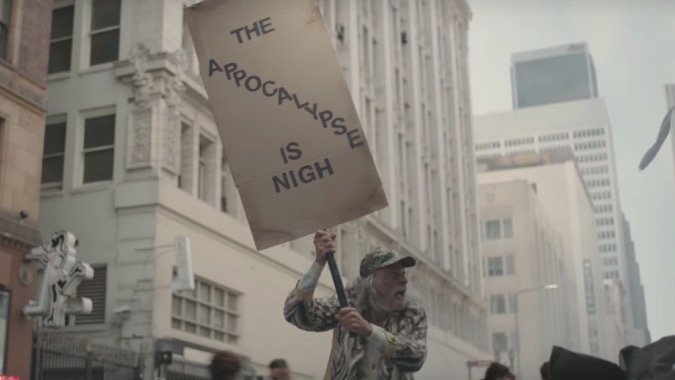
For the first time in Australia’s history, we no longer own or control all of our critical infrastructure. And to that list we can add any country which isn’t the USA or China. Welcome to the age of digital colonialism.
Show me a rich country and I will show you a rich infrastructure. For anyone who has travelled to a less developed economy, we see it right in front of our eyes. Electrical wires scrambled like spaghetti linking up houses. Water only the locals will dare to drink. Roads that scare the most adventurous driver. Hospitals that make you want a helicopter lift out after an accident and education which isn’t a right, but a bonus for the fortunate few. The simple and clear difference between wealthy and poor countries is their infrastructure. It’s the platform which invents the economic possibilities of its people.
It’s easy to forget that wealthy countries didn’t just click their fingers and get their wonderful infrastructure. They had to invest billions of dollars over decades and centuries. When new technology arrived they had to embrace it, and very often build out the projects using government funds in large capital works, and at times, even take over private firms who got too powerful (antitrust). This is only ever possible in a moderate democracy. A country governed by people with its constituents’ best long-term interests at heart. It’s very difficult indeed to build the physical structure required for a wealthy economy in a corrupt state.
The infrastructure we so often take for granted is what businesses and the populace have danced on top of for the past 200 years. And in this time we’ve also had the greatest ascendancy in living standards in human history.
But now in this digital age we are building a new form of infrastructure. I like to call it the metastructure.
Metastructure: The data and algorithms which now preside over how we organise people, infrastructure and physical assets in the post-industrial era.
Some ‘non-exhaustive’ inclusions would be:
- Search and Artificial Intelligence (Google is really just an AI engine)
- Social Media – tools of connection with the general population.
- Transport and logistics organisation platforms
- Large data centres
China and the USA are the only countries that we know of on the globe who are building these pieces of metastructure at a Nation State Scale. In fact, they are going well beyond their own boundaries and are now deeply ensconced in a period of Digital Colonialism. Every other country it would seem is now renting their metastructure from the new overlords.
The funny thing is that we can’t really blame anyone or any Government for being complacent. This happened a lot faster than anyone expected, and unlike other infrastructure – it doesn’t reside in the country in physical form. The nature of data is that it doesn’t need a passport to enter a country and can colonise a market by stealth – a little like a virus would.
Its easy to say here – how is this any different to Coca-Cola becoming a global corporation or General Motors selling their cars around in every market the world over? The difference is simple. These things can’t swing an election, lead to ethnic cleansing or influence how your population thinks, feels or acts 200 times a day – but the metastructure can.
I think the smartest country in the world right now is China. They had the presence of mind to remove Google, Facebook (and their digital business units) from operating in their country so they could build out their own versions of them. They also understand that the new arms race is in Artificial Intelligence – rather than explosive fire power which defined the 20th century military industrial complex.
Any country that wants to maintain its sovereignty in the coming decades needs to invest heavily in the Structural Digital tools which will define the next 50 years. Not owning or controlling your own infrastructure can only every mean you’ll be subservient to those who provide it.




